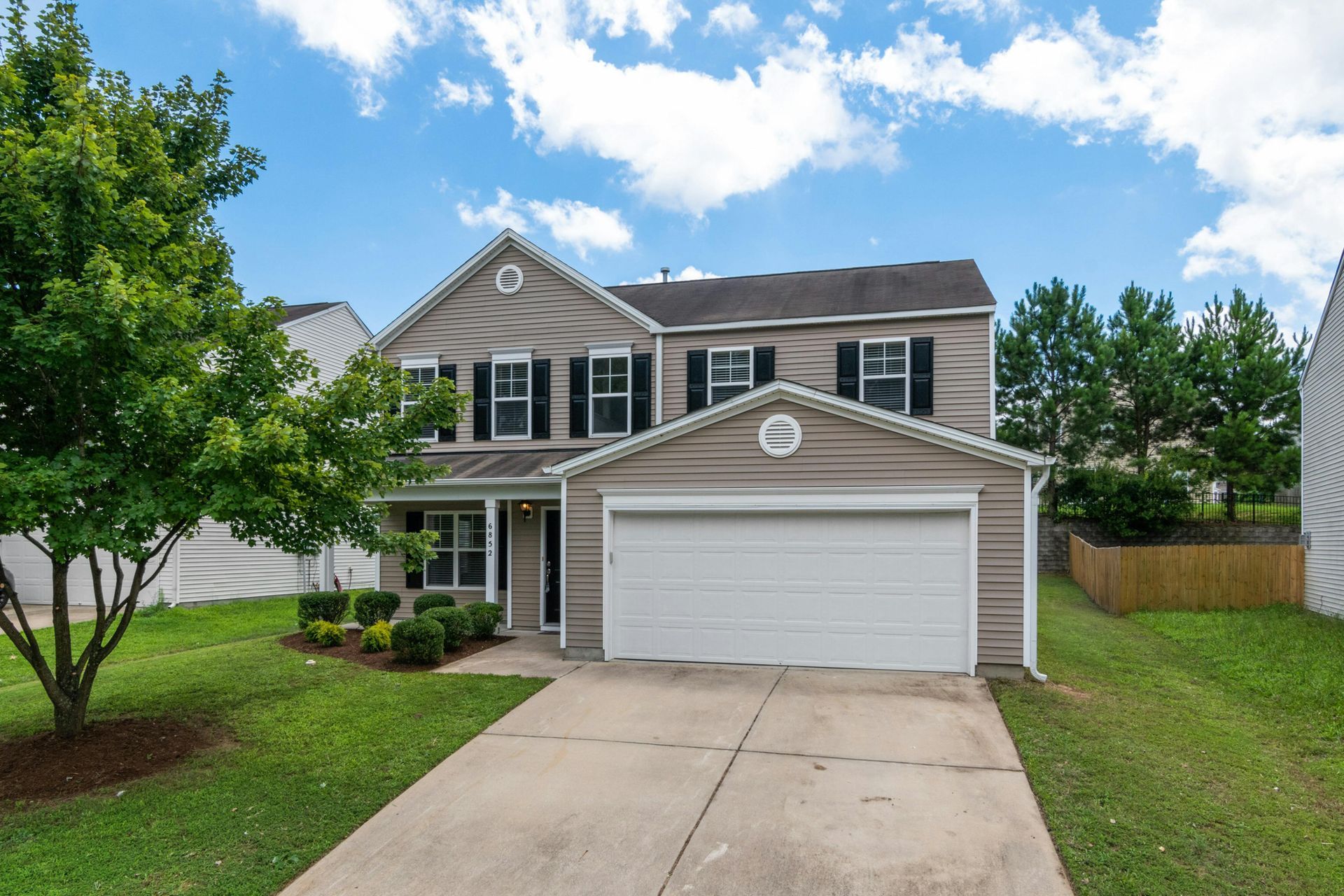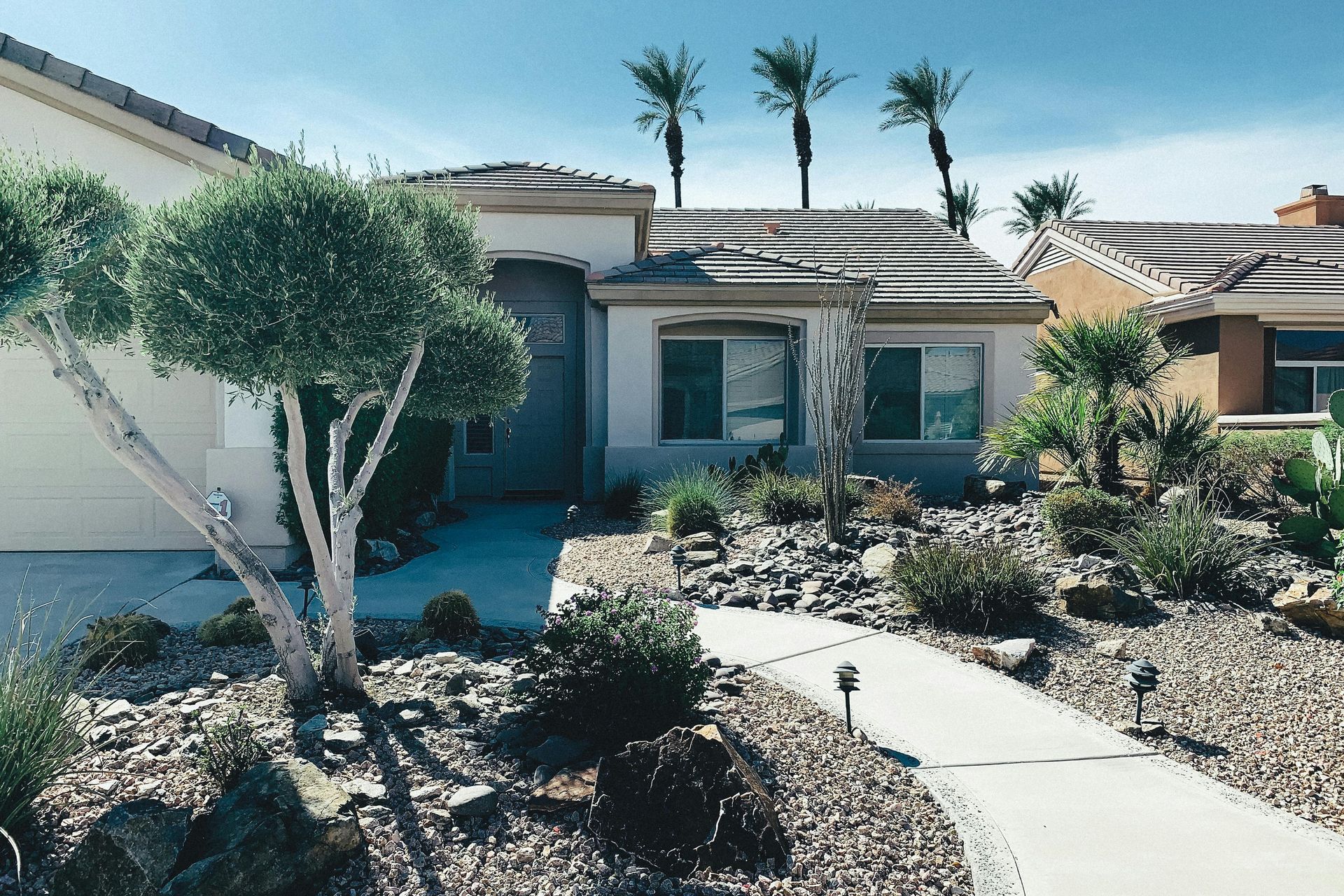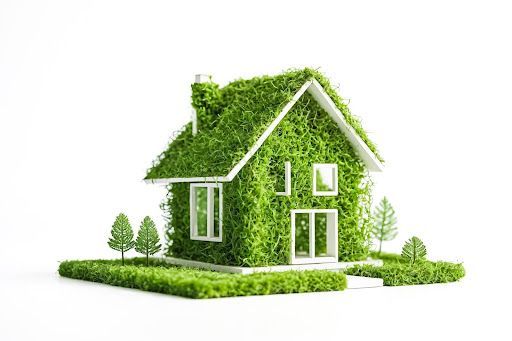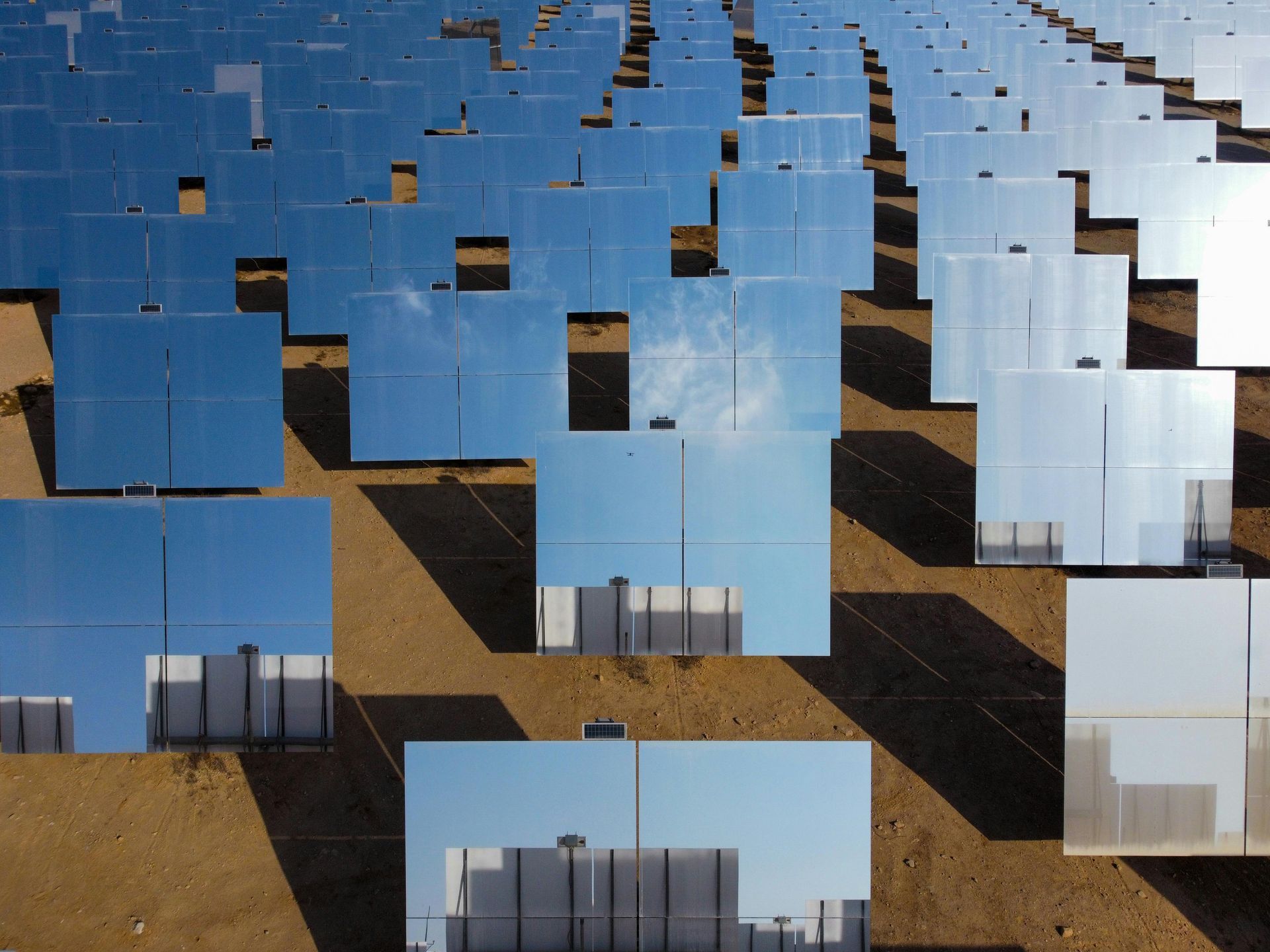February 5, 2025
Arizona's building codes serve as a cornerstone for the state's real estate market, establishing a framework that emphasizes safety, sustainability, and energy efficiency in residential properties. Situated in a region characterized by extreme temperatures and varied landscapes, these codes ensure that homes are not only secure but also environmentally conscious and cost-effective to maintain. Over time, Arizona's building codes have undergone significant evolution, with recent updates placing a strong emphasis on enhancing energy efficiency. Local authorities are pivotal in crafting and enforcing these standards, ensuring that both new constructions and renovations align with the state's sustainable development goals. The Importance of Energy Efficiency Standards in Arizona Energy efficiency standards hold a central role in Arizona's building codes, particularly given the state's hot climate. These standards aim to minimize energy consumption and lessen the environmental impact of residential buildings. They specify requirements for insulation, windows, and HVAC systems, among other features. By integrating these standards, Arizona homes can markedly reduce their carbon footprint and foster sustainability. Common energy-efficient features recommended by the codes include high-performance windows, advanced insulation techniques, and energy-efficient heating and cooling systems. Benefits of Energy-Efficient Homes Adhering to energy efficiency standards yields numerous advantages. These standards improve home safety by ensuring optimal indoor air quality and thermal comfort. They also contribute to sustainability efforts by reducing carbon emissions and conserving natural resources. Homeowners benefit from cost savings over time through reduced energy consumption and lower utility bills. Energy-efficient homes often boast higher property values and are more attractive in the real estate market. A study by the National Association of Realtors highlights that homes with energy-efficient features tend to sell faster and at higher prices than those lacking such features. Addressing Common Misconceptions Despite the clear benefits, misconceptions about building codes and energy efficiency standards persist. Some individuals perceive these standards as overly stringent or unnecessary, while others believe they significantly increase construction costs. Factual information dispels these myths. According to a building code official, energy efficiency standards are crafted to be cost-effective and beneficial in the long term. While the initial investment in energy-efficient technologies may be higher, the long-term savings on energy bills often offset these costs. The Role of Builders and Developers Builders and developers are integral to the implementation of energy efficiency standards. They ensure that new constructions comply with the codes and integrate energy-efficient designs and technologies. Developers frequently employ strategies such as using sustainable materials and designing homes to maximize natural light and ventilation. Challenges like high upfront costs and the need for specialized knowledge can impede compliance. Collaboration between developers, architects, and local authorities is essential to overcome these challenges and ensure successful implementation. Future Trends in Energy Efficiency Standards Future trends in energy efficiency standards in Arizona are expected to focus on technological advancements and innovation. The integration of smart home technologies and renewable energy sources is anticipated to shape future standards, making homes even more energy-efficient. Industry experts predict that as technology evolves, building codes will continue to adapt, incorporating new materials and construction techniques. Community Initiatives and Cultural Shifts Local news stories have underscored the growing importance of energy efficiency standards in Arizona. Community initiatives and events promoting energy-efficient living are becoming more prevalent, reflecting a cultural shift toward sustainability. In cities like Phoenix and Scottsdale, energy efficiency is becoming an integral part of the community's identity, influencing local policies and development practices. Cultural attitudes toward sustainability are playing a significant role in the adoption and implementation of these standards, as more residents prioritize environmentally friendly living. The Environmental and Economic Impact The broader environmental and economic impact of energy efficiency standards in Arizona is substantial. These standards contribute to significant reductions in greenhouse gas emissions, aiding in climate change mitigation. Economically, they stimulate job creation in the green building sector and provide long-term savings for homeowners. Government incentives and programs further support energy-efficient building practices, making them more accessible to a wider audience. In the long term, energy efficiency standards offer economic benefits for both homeowners and the community at large, fostering a more sustainable and prosperous future. Challenges in Implementing Energy Efficiency Standards Implementing energy efficiency standards in Arizona is not without its challenges. One major obstacle is the high upfront cost associated with adopting energy-efficient technologies. While these investments pay off over time, the initial financial burden can be a deterrent for some builders and homeowners. Another challenge is the need for specialized knowledge and skills to properly implement these standards. This requires ongoing education and training for builders, developers, and inspectors to stay current with the latest technologies and methods. Lastly, there can be resistance from stakeholders who are accustomed to traditional building practices and may be hesitant to adopt new standards. Overcoming these challenges requires concerted efforts from all parties involved, including government agencies, industry professionals, and the community. The Role of Technology in Advancing Energy Efficiency Technology plays a pivotal role in advancing energy efficiency in Arizona's building sector. Innovations such as smart home systems , energy-efficient appliances, and renewable energy solutions are transforming how homes are built and operated. Smart thermostats, for example, allow homeowners to optimize their energy use by adjusting temperatures based on occupancy and preferences. Solar panels and energy storage systems are becoming more common, providing clean energy solutions that reduce reliance on the grid. As technology continues to evolve, it will drive further advancements in energy efficiency standards, making homes more sustainable and cost-effective. Community Involvement and Education Community involvement and education are critical components in the successful implementation of energy efficiency standards. Public awareness campaigns and educational programs can help residents understand the benefits of energy-efficient homes and encourage adoption. Community workshops and seminars provide opportunities for residents to learn about new technologies and practices, fostering a culture of sustainability. By engaging the community and providing the necessary resources and information, Arizona can enhance the effectiveness of its energy efficiency standards and promote a more sustainable future. Economic Implications of Energy Efficiency Standards The economic implications of energy efficiency standards in Arizona are far-reaching. By reducing energy consumption, these standards help lower utility costs for homeowners, providing significant financial savings over time. Energy-efficient homes also tend to have higher resale values, making them a wise investment for homeowners. On a broader scale, the adoption of energy efficiency standards stimulates job growth in the green building sector, creating opportunities for skilled workers and professionals. Government incentives and tax credits further encourage the adoption of energy-efficient practices, making them more accessible to a wider range of homeowners and developers. Arizona's commitment to energy efficiency in its building codes is reshaping the real estate landscape, fostering a more sustainable and environmentally conscious future. These standards not only enhance the safety and comfort of homes but also offer significant economic and environmental benefits. As technology continues to advance and community awareness grows, Arizona is well-positioned to lead the way in sustainable development. By understanding and embracing these standards, homeowners, builders, and investors can contribute to a greener and more prosperous future for the state. For further inquiries, contact Daniela Quenzler, Realtor today for expert guidance on navigating Arizona's real estate market and understanding the intricacies of building codes and energy efficiency standards.






















